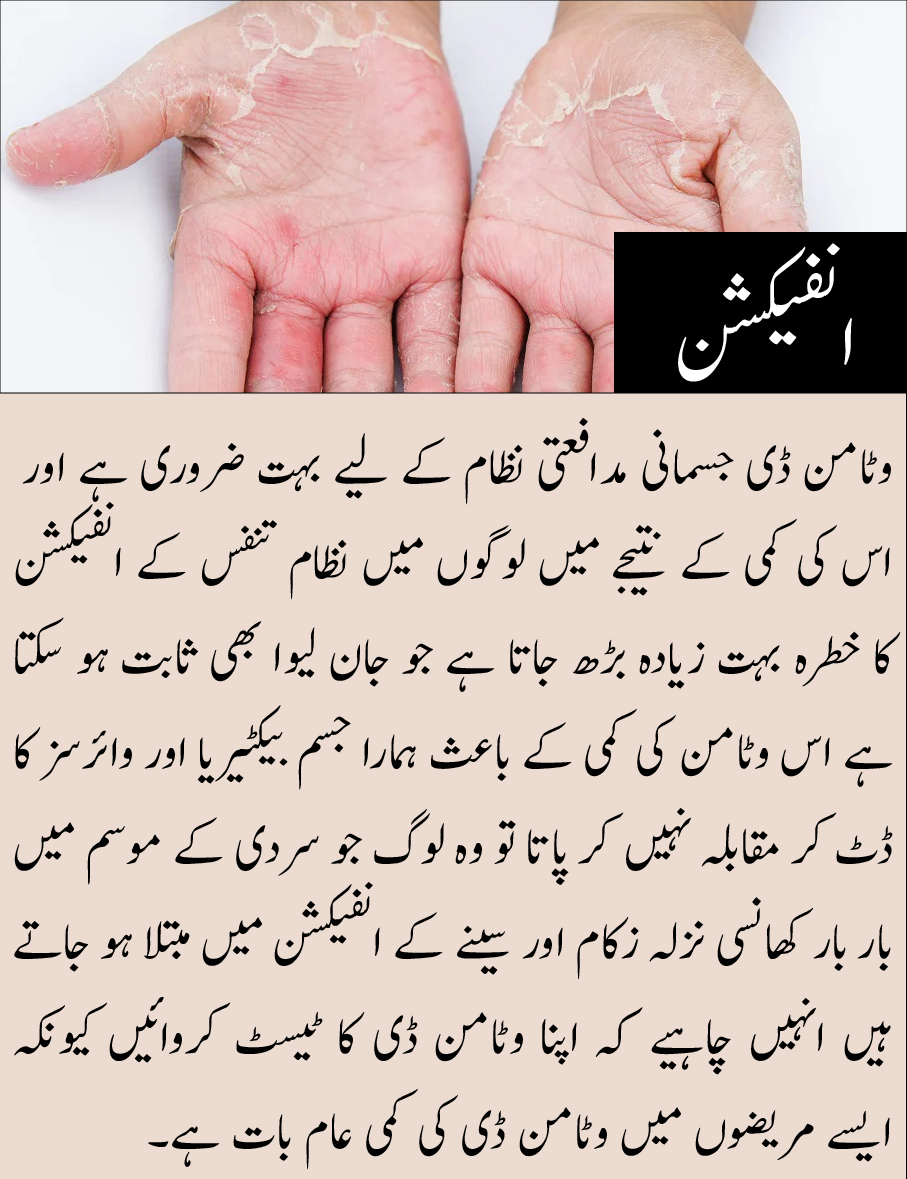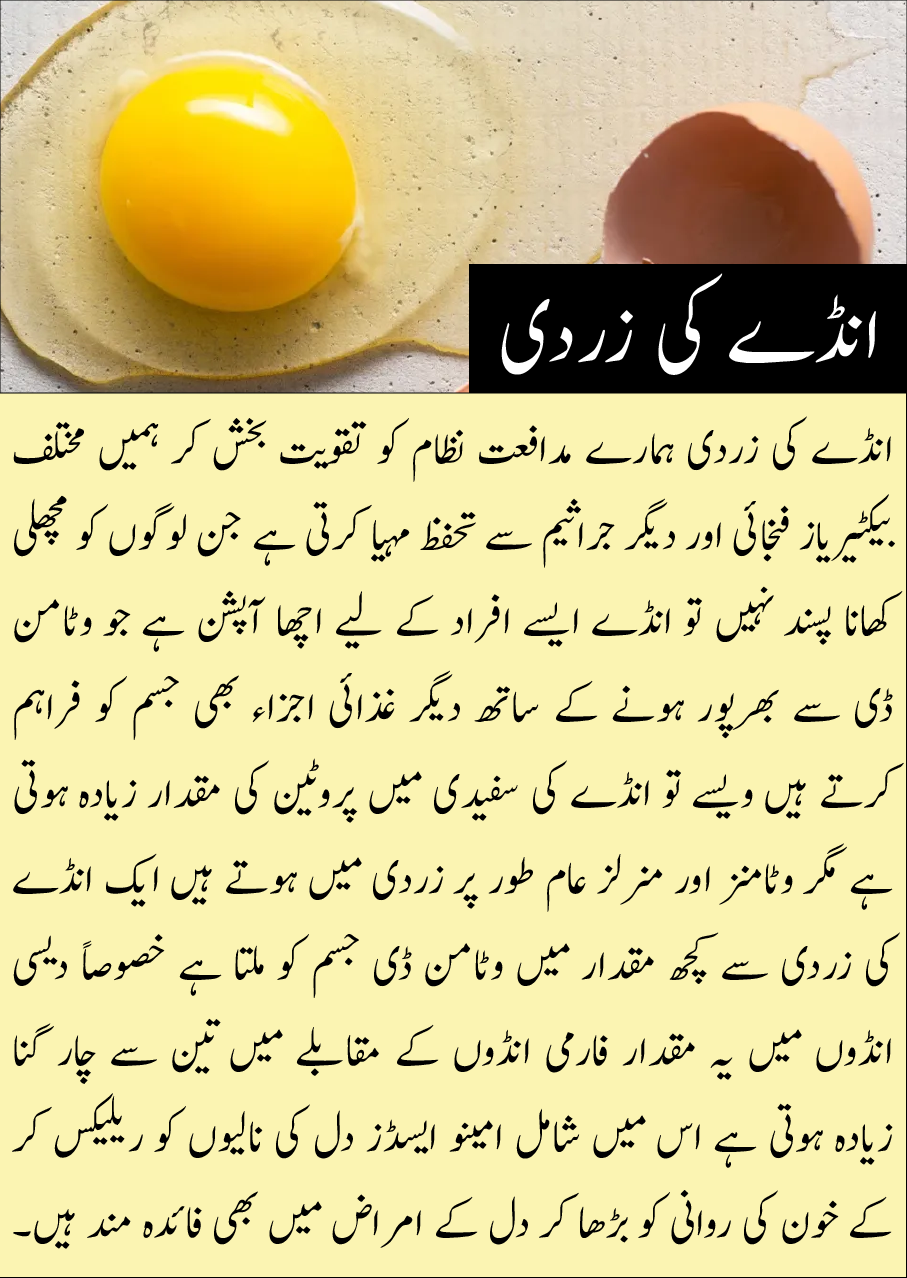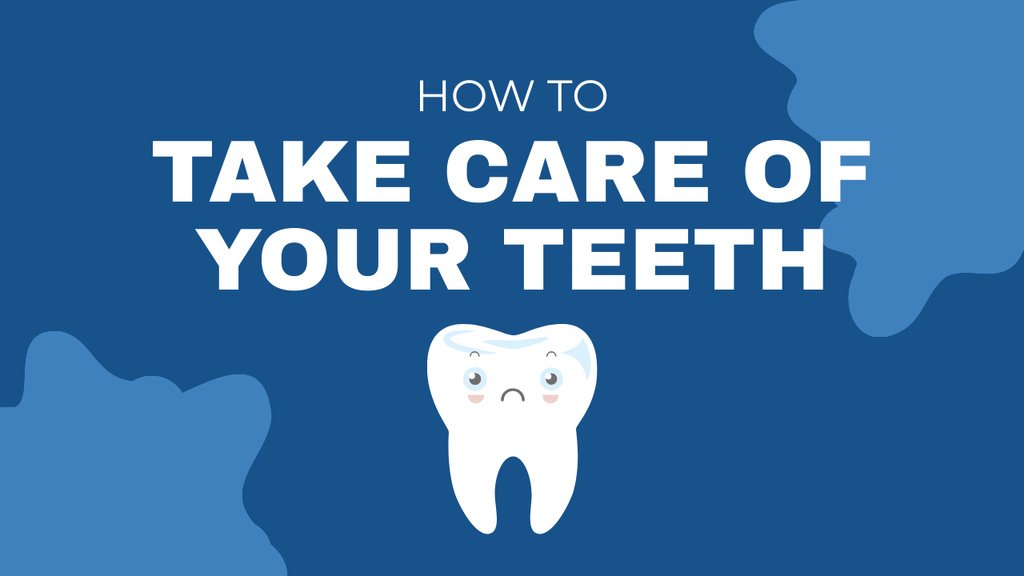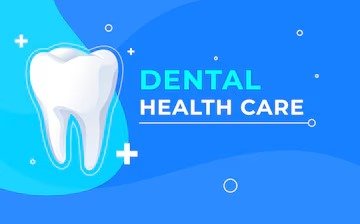The human body needs various vitamins and minerals to stay healthy, one of them being vitamin D. Vitamin D is a nutrient that is considered essential for the proper functioning of body functions. Vitamin D is an essential vitamin required by the body for the protection of the body’s muscles, such as muscles, bones and teeth, while protecting the vital organs, the heart. Deficiency of which invites weakening of bones and joints as well as many other diseases.
So today we will tell you about the diseases caused by vitamin D deficiency, along with the foods that strengthen bones and joints along with vitamin D deficiency, and finally give you a recipe. Will tell you which is very useful for strengthening bones and joints. First, let us tell you about the diseases caused by vitamin D deficiency.
Body Fatigue all the time:
There can be many reasons behind feeling tired all the time and vitamin D deficiency is one of them. Various clinical research reports have discovered that excessive levels of vitamin D deficiency can lead to symptoms such as severe fatigue and headaches. Even a slight deficiency of this vitamin can lead to a loss of physical energy and a feeling of fatigue. Especially if women are tired all the time, it is more likely that they are suffering from vitamin D deficiency. Similarly, the lack of this vitamin can cause various sleep disorders.

Hair fall:
If your hair is falling out more than usual, it can also be due to vitamin D deficiency. According to a study, one of the main causes of hair loss in women and men is vitamin D deficiency. Due to the lack of vitamin D, the growth of serum in the hair roots stops and hair loss starts.

Delayed wound healing:
According to medical experts, vitamin D deficiency slows down the wound healing process. If you are used to exercise and get tired after exercising, this is also one of the symptoms of vitamin D deficiency. Muscles affected by stress during exercise due to vitamin D deficiency do not recover quickly.

Infection:
Vitamin D is very important for the body’s immune system, and as a result of its deficiency, the risk of respiratory tract infections is greatly increased in people, which can be life-threatening. If you can’t fight back, those who get frequent colds and chest infections in the winter should get their vitamin D tested, as vitamin D deficiency is common in such patients.

How to get Vitamin D:
The fear of suffering from various diseases due to lack of vitamin D has its place, but with caution and balanced diet, this problem can be eliminated forever.
Sunlight:
The term sunshine vitamin is used in English for vitamin D because sunlight is the best source of D in the bones. Cholesterol in human skin acts as a precursor to vitamin D and is converted to vitamin D when exposed to the sun’s UVV rays.

Malt Juice:
A glass of malt juice contains so much vitamin D that it can help strengthen bones, gum growth and repair wounds. It also protects tissues such as the brain from their harmful effects. Malt juice also removes kidney stones by slightly raising the pH of urine. It should be consumed in balanced amounts as the amount of sugar it contains can also lead to weight gain.

Egg-yolk:
Egg yolk strengthens our immune system and protects us from various bacteria, fungi and other germs. For those who do not like to eat fish, eggs are a good option for those who are rich in vitamin D and other nutrients. By the way, the protein content of the egg white is high, but vitamins and minerals are usually in the yolk. The yolk of an egg provides some amount of vitamin D to the body. In particular, the amount in indigenous eggs is three to four times higher than that of farm eggs. The amino acids included in it are also beneficial in heart diseases by increasing blood flow by relaxing the heart vessels.

Fish:
This beautiful pink fish is rich in vitamin D. Well, almost all types of fish are helpful in this regard, but this fish is more beneficial and there is another benefit of this diet is its use to improve blood flow. It also increases our intake of heart-healthy omega-3 fatty acids and keeps our hormones in balance. It controls appetite by increasing metabolic rate, it also helps in weight loss, improves brain function, improves memory and is also useful for diseases like dementia.







